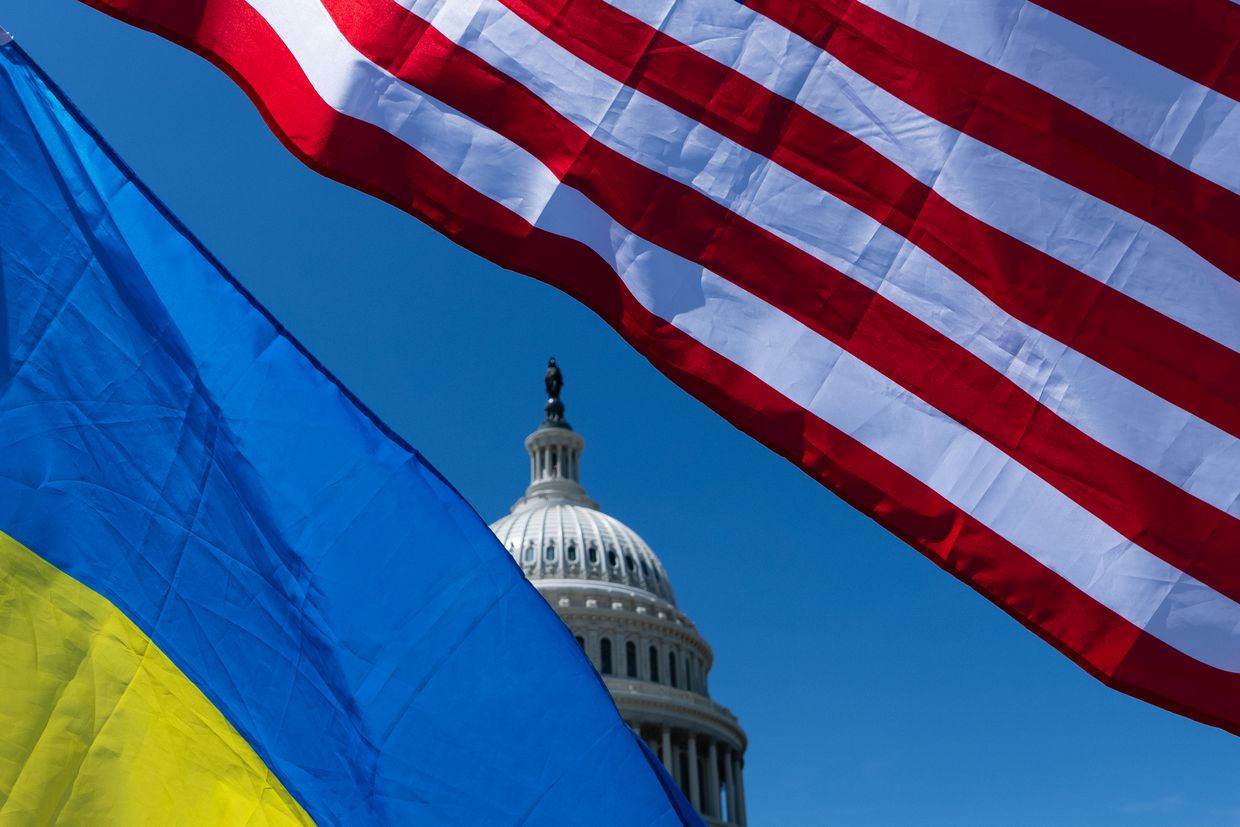The scales of Russia’s economy
are tipping toward disaster. Controlling just 20 per cent of Ukraine, with perhaps as many as a million casualties, defeats at sea and in the air, reliance on North Korea, and scant territorial gains, Russia is bleeding resources. Kharkiv’s buffer zone remains a distant dream, missile strikes have failed to cripple Ukraine’s resolve, and the cost of war weighs heavily: 6 per cent of the entire federal budget goes to caring for the wounded and compensating families of the dead.
Inflation is coiling at 9 per cent, interest rates bite at 23 per cent, and prices for basics like bread and butter are rising sharply. The past tells us that when Russia’s economy suffers, civil unrest is often not far behind.
Then, two days ago, came Trump’s clearest signal yet, published – in his inimitable style – on social media: “I’m not looking to hurt Russia. I love the Russian people and always had a very good relationship with President Putin… All of that being said, I’m going to do Russia, whose economy is failing, and President Putin, a very big FAVOR. Settle now, and STOP this ridiculous War! IT’S ONLY GOING TO GET WORSE. If we don’t make a ‘deal,’ and soon, I have no other choice but to put high levels of Taxes, Tariffs, and Sanctions on anything being sold by Russia to the United States, and various other participating countries.”
The threat is clear: negotiate now, or face far fiercer economic constrictions.
This is a significant departure from the Biden administration’s cautious stance on sanctioning Russia. Fearing global market disruptions, Biden kept resisting measures that could seriously threaten Russia’s oil and gas profits, even discouraging Ukrainian strikes on Russian oil fields financing the war.
Yet now there are rumours Trump may even leverage
$330bn in frozen Russian state assets, threatening to give them to Kyiv to buy US weapons – a move appealing to Trump’s transactional instincts. Military aid could also ramp up, particularly if he pivots the narrative to frame Moscow, not Kyiv, as an obstacle to peace.





